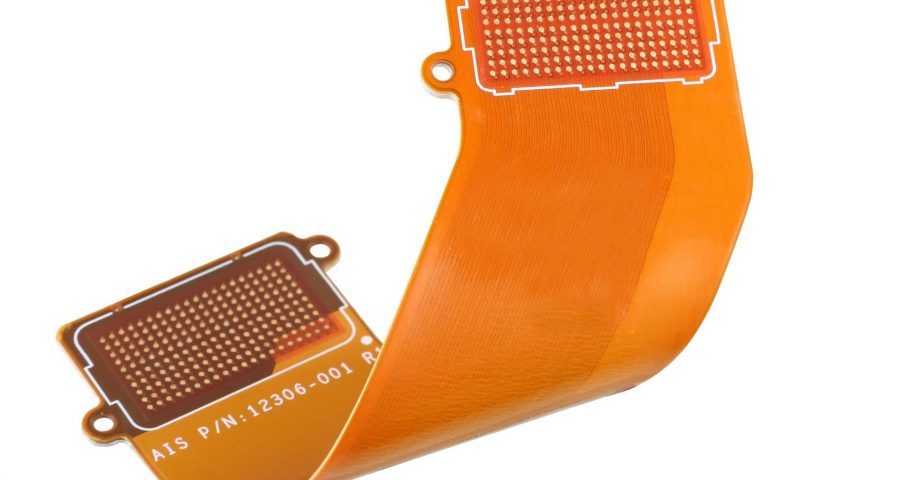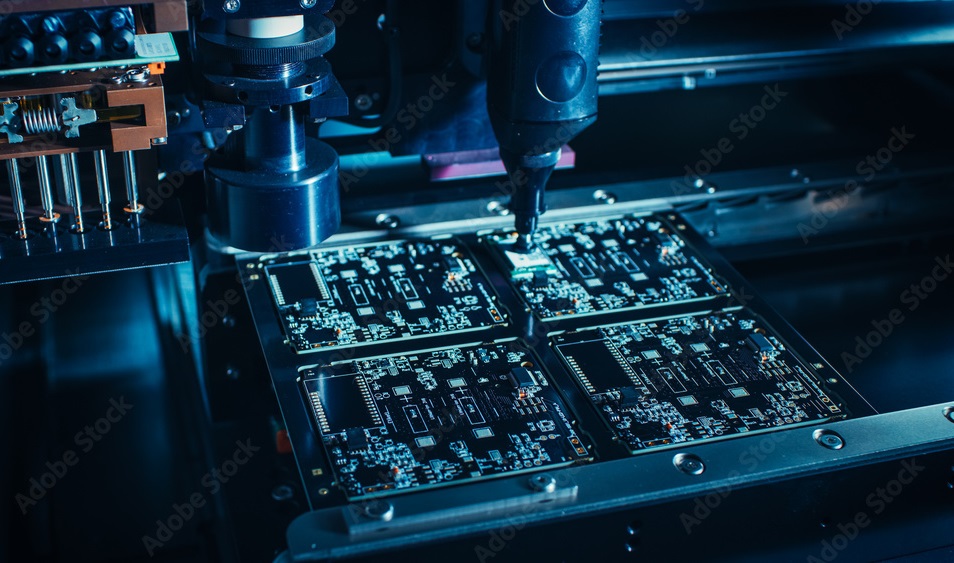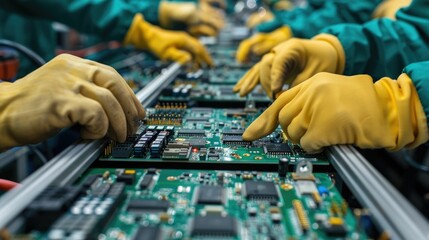In the fast-evolving world of electronics, technological innovation plays a crucial role in reshaping industries and enhancing user experiences. One of the most significant advancements in recent years is the rise of Flexible Printed Circuits (Flex PCBs). As the name suggests, Flex PCBs are a form of printed circuit boards that can bend, twist, and conform to different shapes, making them a game-changer in the world of electronics.
The Rise of Flexible Printed Circuits
Traditional printed circuit boards (PCBs) have been a staple in electronic devices for decades. However, these rigid boards, while reliable, can be limited in their application due to their inflexibility and bulk. As the demand for smaller, lighter, and more compact devices grew, so did the need for more adaptable circuit boards.
Enter Flex PCBs, a revolutionary technology that allows for flexibility without compromising on performance. These flexible circuits are typically made from thin, flexible materials such as polyimide or polyester, combined with conductive copper traces that allow for electrical connections. Their ability to be bent and folded into various shapes enables designers to create more compact, lightweight, and efficient devices.
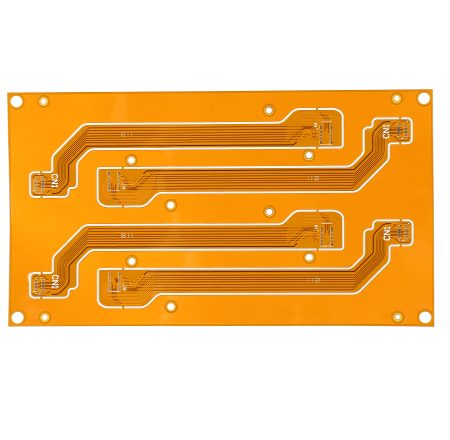
Key Advantages of Flex PCBs
Flex PCBs offer a range of advantages that have made them indispensable in modern electronics. Below are some of the most notable benefits:
- Space Efficiency: Flex PCBs can be molded to fit into spaces that would otherwise be impossible for traditional rigid boards. This flexibility enables the design of compact devices without sacrificing functionality, especially in consumer electronics like smartphones, wearables, and medical devices.
- Weight Reduction: The lightweight nature of Flex PCBs is another key benefit. As industries push for lighter devices, especially in the aerospace, automotive, and portable consumer electronics sectors, Flex PCBs help to reduce the overall weight of the product, making them ideal for modern applications.
- Durability and Reliability: Flex PCBs are known for their durability. They are less prone to breakage due to their flexible nature, making them ideal for products that need to endure harsh conditions. Moreover, these circuits are resistant to vibrations and can withstand the wear and tear of bending and twisting, making them perfect for applications in automotive and wearable technologies.
- Improved Thermal Management: Flex PCBs are better at heat dissipation compared to their rigid counterparts. The flexible material allows for better heat distribution, which is crucial for devices that generate significant amounts of heat, such as high-performance electronics.
- Design Flexibility: The ability to design circuits that can fit into complex shapes and layouts makes Flex PCBs a highly versatile solution. Designers are no longer constrained by the traditional rectangular or square shapes of rigid PCBs, opening up new possibilities for innovation.
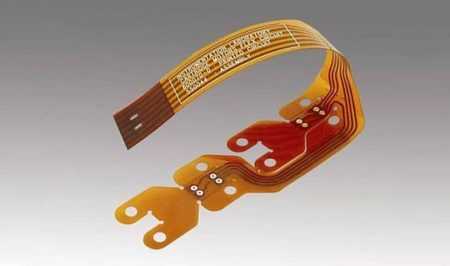
Applications of Flex PCBs
Flex PCBs have found widespread use across a variety of industries, thanks to their adaptability and versatility. Here are some of the key sectors where Flex PCBs are making a significant impact:
- Consumer Electronics: One of the most common applications of Flex PCBs is in consumer electronics such as smartphones, tablets, laptops, and wearables. These devices require compact, efficient, and flexible circuits to fit into their slim designs while maintaining high performance. Flex PCBs enable engineers to design more compact electronics without compromising on features.
- Medical Devices: Flex PCBs are increasingly being used in medical devices, especially those that require miniaturization and flexibility. Wearable health monitors, implantable medical devices, and diagnostic equipment all benefit from the unique properties of Flex PCBs, allowing for more effective designs and better integration into patient care systems.
- Automotive Industry: The automotive industry has embraced Flex PCBs for their ability to withstand harsh environments and high temperatures. They are commonly used in applications such as infotainment systems, lighting, sensors, and driver assistance systems. With the growing trend of electric vehicles and autonomous driving, the demand for flexible, lightweight, and durable electronics continues to rise.
- Aerospace and Defense: The aerospace and defense sectors require high-performance, reliable, and lightweight electronics that can function in extreme conditions. Flex PCBs are used in satellites, aircraft, and military systems to provide essential functionalities without adding unnecessary weight or bulk. The flexibility of these circuits also ensures that they can be integrated into complex systems with limited space.
- IoT and Wearable Technologies: The Internet of Things (IoT) and wearable technology markets have seen massive growth, and Flex PCBs play a crucial role in these industries. Flexibility is key in designing devices that are small, lightweight, and can be worn comfortably. From fitness trackers to smart clothing, Flex PCBs help create innovative solutions that integrate seamlessly into daily life.
Challenges and Future Prospects
While Flex PCBs offer numerous advantages, they also come with their own set of challenges. One of the main concerns is the higher manufacturing cost compared to traditional rigid PCBs. The materials and production processes for Flex PCBs can be more expensive, making them less suitable for mass-market products unless there is a clear need for their unique properties.
Another challenge is the complexity of designing and manufacturing Flex PCBs. The flexible nature of these circuits requires specialized equipment and techniques to ensure reliability and precision. Additionally, the design must account for factors such as bending radius, mechanical stress, and thermal expansion, which can complicate the development process.
Despite these challenges, the future of Flex PCBs looks promising. As technology continues to evolve, the demand for smaller, lighter, and more flexible electronic devices will only increase. The continuous advancements in materials science and manufacturing techniques will drive down production costs, making Flex PCBs more accessible to a wider range of industries. In addition, the integration of flexible circuits with emerging technologies like 5G, AI, and flexible displays will open up new opportunities for innovation.

Conclusion
Flex PCBs have undoubtedly transformed the electronics industry, offering a wealth of benefits that make them an essential component in modern technology. From consumer electronics to aerospace, automotive, and medical devices, Flex PCBs are enabling the development of smaller, lighter, and more efficient products that meet the ever-increasing demands of consumers and industries alike.
As technology continues to advance, the role of Flex PCBs will only grow more significant, paving the way for even more groundbreaking innovations in the years to come. Whether it’s creating compact gadgets, enhancing wearable technology, or revolutionizing industries like healthcare and transportation, Flex PCBs are at the forefront of a new era in electronics.
Take Your Projects to New Heights with XPCB Limited
XPCB Limited offers top-notch PCB manufacturing, quick-turnaround prototyping, and turnkey PCBA services designed to make your projects shine. Count on us to bring your ideas to life with efficiency and quality. Your success matters to us, and we’re here to make your innovation journey smooth and rewarding.

